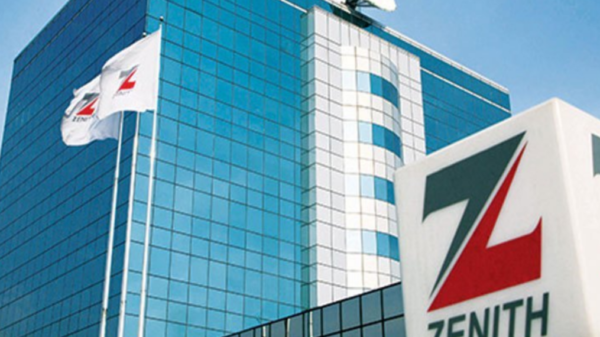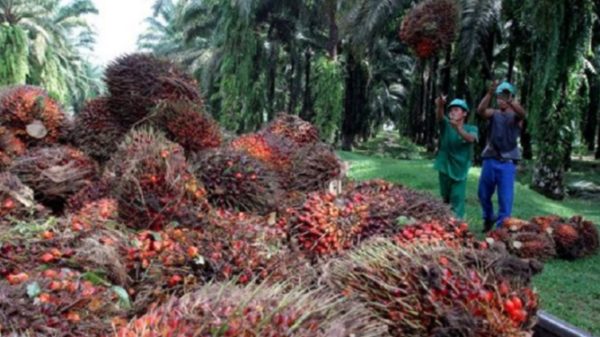Rising inflation and declining disposable income have forced many Nigerian consumers to abandon brand loyalty in favor of affordability and value, according to a new NielsenIQ 2025 Consumer Outlook Report.
The report reveals that nearly six out of ten Nigerian shoppers have switched brands in the past year due to higher prices, signaling a major shift in consumer behavior driven by economic pressure.
“Almost six in every ten shoppers have switched brands in the past year due to increased prices,” the report noted.
Essentials lead in brand switching
Basic household goods such as toothpaste, cooking oil, and laundry products top the list of categories most affected by brand switching:
-
Toothpaste: 52% of consumers changed brands (down by 1% from 2024)
-
Cooking oil: 37% switched (down by 10%)
-
Laundry and cleaning products: 34% switched (down by 23%)
-
Milk: 34% switched (down by 11%)
-
Skincare: 33% switched (down by 7%)
-
Body care: 30% switched (down by 12%)
-
Breakfast cereals: 22% switched (down by 1%)
-
Hair care: 20% switched (down by 3%)
Meanwhile, tea, soft drinks, and energy drinks saw the lowest switching rates, indicating relatively stronger brand loyalty in these categories.
Why brand trust still matters
Despite the high rate of switching, 99% of Nigerian consumers say brand trust remains “very or somewhat important” when making purchases.
The leading trust drivers include:
-
Product quality and consistency (76%)
-
Customer service and responsiveness (63%)
-
Transparent business practices (58%)
-
Recommendations from family and friends (57%)
-
Environmental responsibility (57%)
Consumers are also showing increasing preference for local and socially responsible brands, with 43% valuing diversity and inclusion, and 41% supporting brands that engage in community development or local production.
Where Nigerians prefer to shop
The survey also highlighted shopping channel preferences:
-
Open markets remain dominant, with 64% of shoppers using them for bulk purchases due to better prices and bargaining opportunities.
-
Neighborhood stores are preferred by 43% of shoppers for quick, convenient top-up purchases close to home.
-
Supermarkets and hypermarkets attract 41% of shoppers who value comfort and experience, often viewing shopping as a leisure activity.
The bigger picture
Overall, the findings show that Nigerian consumers are becoming more pragmatic and adaptive, prioritizing value and necessity over brand loyalty as inflation continues to reshape spending habits.
While price remains the main driver of choice, trust, quality, and local connection still influence purchasing decisions — suggesting that brands able to balance affordability with authenticity stand the best chance of retaining loyal customers in 2025.







































